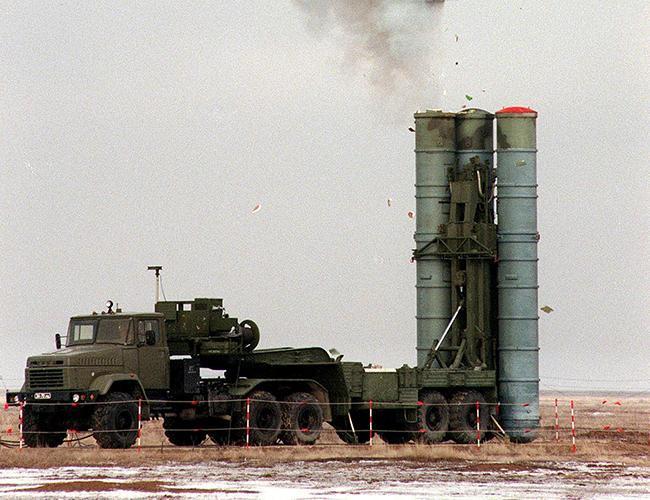Turkey can't integrate Russian missiles: NATO
WASHINGTON

A leading NATO official has said that Turkey will face “consequences” if it purchases a Russian air-defense system.
“The principal of sovereignty obviously exists in acquisition of defense equipment, but the same way that nations are sovereign in making their decision, they are also sovereign in facing the consequences of that decision,” said Gen. Petr Pavel, chairman of NATO’s Military Committee, on Oct. 25 during a Washington meeting with a group of reporters hosted by the Defense Writers Group.
Pavel said Russian missiles cannot integrate with the NATO systems.
NATO-ally Turkey is not seeking to antagonize the U.S.-led alliance by purchasing Russian S-400 surface-to-air missiles and is in talks with France and Italy to buy similar weapons, NATO Secretary-General Jens Stoltenberg said in an on Oct. 9 interview with Reuters.
Ankara’s decision to buy the Russian system has been seen in some Western capitals as a snub to the alliance, given tensions with Moscow over Ukraine and Syria, while the deal raised concern because the weapons cannot be integrated into NATO defenses.
“There hasn’t been any request from Turkey to integrate the S-400 into NATO air defense system,” Stoltenberg had said.
Turkish President Recep Tayyip Erdoğan has blamed NATO countries for failing to propose a viable alternative to the long-range Russian missiles, but Stoltenberg said Erdoğan was now talking to Paris and Rome for similar systems, a move the alliance chief welcomed.
“He told me that Turkey is in dialogue with France and Italy on possible delivery of air defense systems from them... on top of the S-400,” Stoltenberg said.
Turkey has said it has made an advance payment for the S-400 system and hopes to see them delivered in 2019 but the paperwork has not been finalized yet.
It is “fair among allies to have that discussion, to raise all concerns and potential difficulties,” said Pavel.
He also said even if NATO missile defense systems are not integrated with the S-400, their presence “creates challenges for allied assets potentially deployed onto the territory of that country.”
















